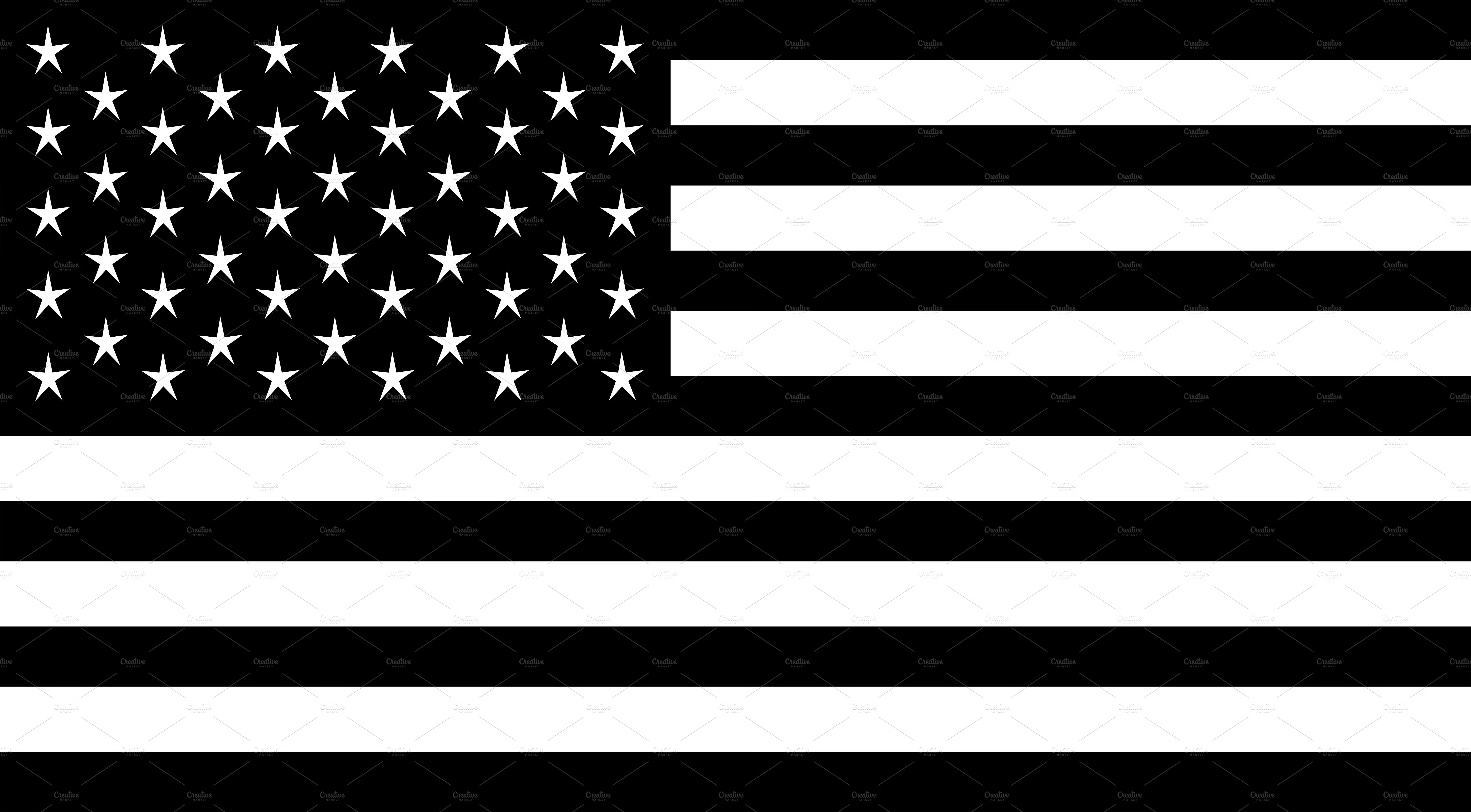
The Vector American Flag: A Comprehensive Guide to Its Design, Symbolism, and Applications
Introduction
The Vector American Flag, an embodiment of patriotism and national pride, is a digital representation of the iconic Stars and Stripes. Its versatile nature allows for seamless integration into various digital platforms, making it a ubiquitous symbol across websites, social media, and digital media. This comprehensive guide delves into the intricate details of the Vector American Flag’s design, symbolism, and diverse applications, providing a deeper understanding of this enduring symbol of American identity.
Historical Evolution
The origins of the American Flag can be traced back to the American Revolution, when the Continental Congress adopted the first official flag in 1777. This flag, known as the "Grand Union Flag," consisted of 13 alternating red and white stripes, representing the 13 colonies, and the British Union Jack in the canton.
As new states joined the Union, additional stars were added to the flag, reaching its current configuration of 50 stars in 1960. Each star represents a state, and the 13 stripes symbolize the original 13 colonies.
Design Elements
The Vector American Flag adheres to the precise specifications established by the Flag Code. Its rectangular shape maintains a width-to-length ratio of 1:1.9, ensuring a balanced and proportionate appearance.
Stripes: The flag’s 13 red and white stripes run horizontally, with seven red stripes representing hardiness and valor and six white stripes symbolizing purity and innocence. The stripes are of equal width, emphasizing the unity and equality of the states.
Stars: The 50 white stars, arranged in nine horizontal rows, are set against a blue canton in the upper left corner. Each row contains six or five stars, alternating vertically. The stars symbolize the states of the Union, with their number representing the progression of the nation’s growth.
Canton: The blue canton, or field of stars, takes up approximately one-quarter of the flag’s surface area. Its azure hue symbolizes vigilance, perseverance, and justice. The stars are arranged in a specific pattern to maintain a symmetrical appearance from both the front and back of the flag.
Symbolism
The Vector American Flag carries immense symbolic value, representing the principles, values, and aspirations of the United States.
Unity and Equality: The 13 stripes represent the original colonies and their unwavering commitment to unity. Each stripe is of equal width, signifying the equality of all states and their equal standing within the Union.
Patriotism and National Pride: The flag is a potent symbol of patriotism, evoking a sense of national pride and loyalty. It represents the collective values and heritage of the American people.
Aspiration and Progress: The addition of stars as new states joined the Union symbolizes the nation’s ongoing growth and aspirations. The stars represent the future as well as the present, embodying the hope and promise of the American dream.
Freedom and Liberty: The American Flag is often associated with the principles of freedom and liberty. Its colors, stars, and stripes are evocative of the struggle for independence and the enduring values of the nation’s founding fathers.
Applications
The Vector American Flag’s versatile digital format enables its use in a wide range of applications:
Digital Media: The flag is seamlessly integrated into websites, social media platforms, and online publications. It serves as a visual representation of patriotism, supporting various digital initiatives and campaigns.
Print Media: The Vector American Flag finds its place in printed materials such as brochures, flyers, and posters, enhancing the impact of patriotic messaging and promoting national pride.
Educational Materials: Schools and educational institutions utilize the Vector American Flag in textbooks, presentations, and online learning resources. It supports the teaching of American history, civics, and patriotic values.
Marketing and Branding: Businesses and organizations leverage the American Flag’s positive associations to bolster their brand image and connect with patriotic consumers.
Usage Guidelines
Respectful usage of the Vector American Flag is essential to preserve its significance and integrity. The following guidelines should be observed:
- The flag should be flown proudly and prominently.
- It should not be used for commercial or promotional purposes without appropriate authorization.
- The flag should never be altered, defaced, or used in a disrespectful manner.
Frequently Asked Questions (FAQ)
Q: What is the difference between a Vector American Flag and a physical flag?
A: A Vector American Flag is a digital representation of the physical flag, allowing for seamless integration into digital platforms.
Q: Can I use the Vector American Flag for commercial purposes?
A: Usage of the Vector American Flag for commercial purposes requires appropriate authorization from the relevant authorities.
Q: What are the recommended sizes for a Vector American Flag?
A: The Vector American Flag can be scaled to various sizes without distortion, ensuring its adaptability to different applications.
Q: How do I ensure proper display of the Vector American Flag?
A: Refer to the guidelines outlined in the Flag Code to ensure respectful and appropriate display of the Vector American Flag.